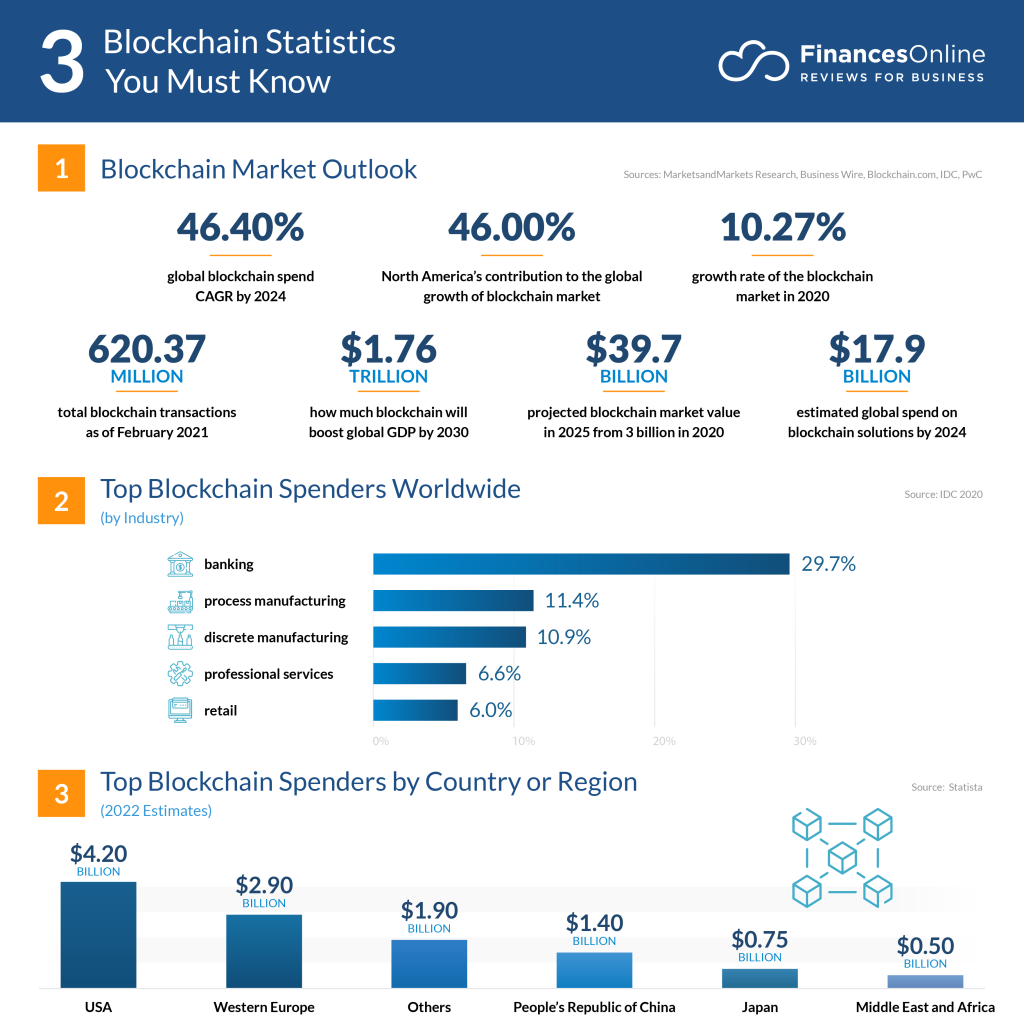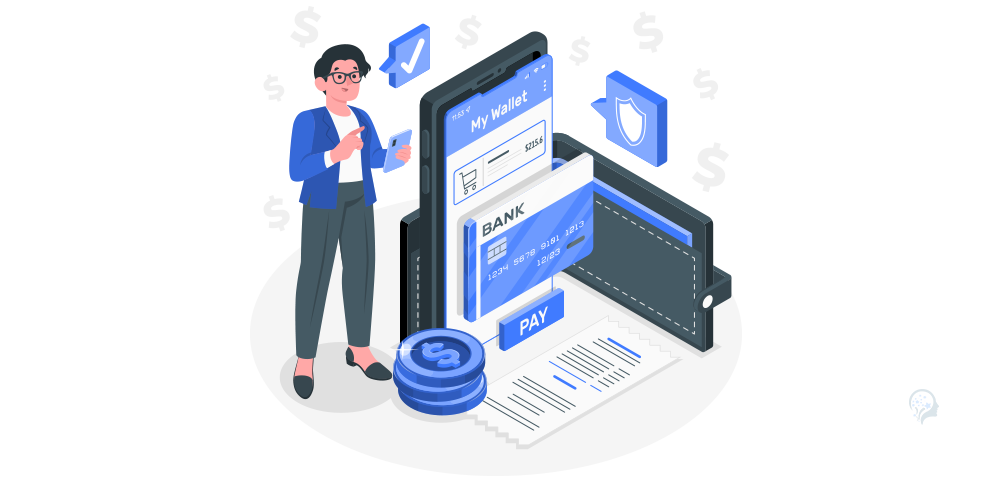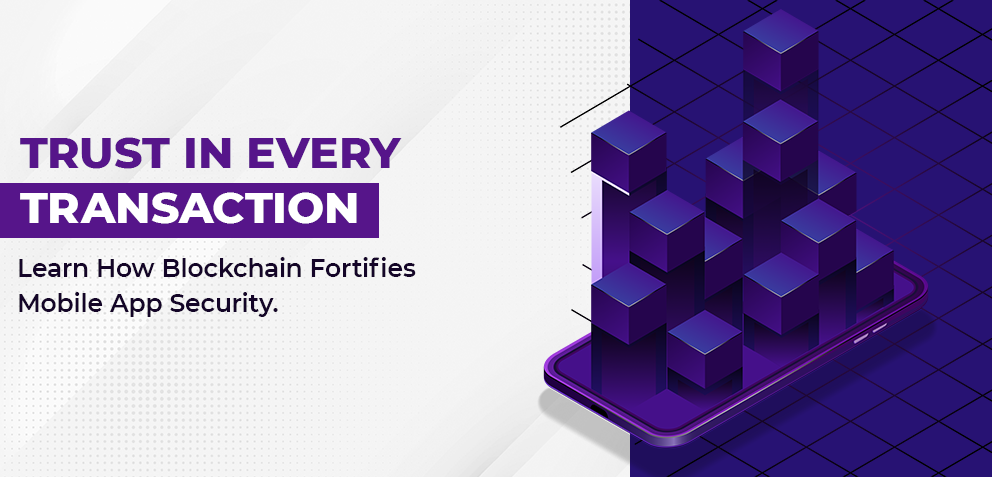Blockchain in Fintech: A Glimpse into 2024 and Beyond

Tags
 Stay In-the-loop
Stay In-the-loop
Get fresh tech & marketing insights delivered right to your inbox.
Share this Article
Category
- .Net Developer
- Adtech
- Android App Development
- API
- App Store
- Artificial Intelligence
- Blockchain Development
- Chatbot Development
- CMS Development
- Cybersecurity
- Data Security
- Dedicated Developers
- Digital Marketing
- Ecommerce Development
- Edtech
- Fintech
- Flutter app development
- Full Stack Development
- Healthcare Tech
- Hybrid App Development
- iOS App Development
- IT Project Management
- JavaScript development
- Laravel Development
- Magento Development
- MEAN Stack Developer
- MERN Stack Developer
- Mobile App
- Mobile App Development
- Nodejs Development
- Progressive Web Application
- python development
- QA and testing
- Quality Engineering
- React Native
- SaaS
- SEO
- Shopify Development
- Software Development
- Software Outsourcing
- Staff Augmentation
- UI/UX Development
- Web analytics tools
- Wordpress Development
When it comes to handling finance, many people are confused and consider managing finance as the most difficult thing. However, blockchain in Fintech as the balm on their pain is the simplest solution. How? That is what we are going to discuss in this blog.

In the realm of the finance world, blockchain technology is radically revamping the fintech industry. Blockchain crafts advanced financial solutions, making them easily accessible, secure, faster, and comprehensible even for the common men on the street. Instead of replacing the previous financial strategies, it rejuvenates the new market pattern and takes an approach to banking the unbanked.
Besides, the importance of blockchain technology in fintech enables ordinary men to enjoy financial liberty efficiently, removing the roadblock and middleman and ensuring transparency and information safety.
In our blog, we will explore the impacts and challenges of blockchain technology in fintech institutes with some use cases.
Blockchain in Fintech: What are the Opportunities of Blockchain in Finance?
The Challenges of Blockchain in Fintech Industry
Brand Examples Leveraging Blockchain in Fintech
- Asian Bank
- J.P. Morgan
- Bajaj Finserv
- Swedish Central bank
The Future of Blockchain in Fintech Services
Blockchain in Fintech: What are the Opportunities of Blockchain in Finance?

So, what are the opportunities of blockchain in finance? That is a common query we get frequently. We will deal with that now. Let’s check how beneficial blockchain technology is for the fintech industry.
Cost Reduction
Yes, you got it right. In the fintech institute, your time is your money. And nothing can match the facilities of the cost reduction process than blockchain technology. With its smart contracts, it drastically reduces manpower needs and operational costs, making it public for everyone.
Cutting down overhead costs is impartial to increase the profit margins and revenues. Blockchain technology in fintech enables more value at lower costs to financial institutions that are not offered in the market currently.
Builds Trust
Blockchain technology is efficient enough to build the trust and reliability of its customers. Suppose, when you are using and doing any transaction through a fintech app, you may not be aware of what’s happening on the other side. Yes, this builds concerns and confusion about your data, and you might be in fear of whether your data is secure or theft, lowering trust.
However, with blockchain’s immutability and transparency features, it handles all the issues with more data security, building trust and reputation among customers.
Effortless Transaction
Think if you have to wait for a whole day for any transaction. Sounds too irritating, right? Yes, we understand that. And that’s where blockchain is a revolution in fintech institutes. How?
Well, blockchain does not involve third-party integration for payment verification; instead, it stores the information publicly. This, of course, stimulates the transaction process, making it faster and quicker than ever. Besides, if you request for one network node, it will be processed instantly for all the nodes.
RELATED READ: Payment Gateways Explained: Understand What You Need
Manages Huge Volume Transactions
In terms of high-volume transaction deals, blockchain technology can surpass traditional financial processes. Blockchain technology is empowered with robust features that can handle huge volume transactions efficiently without slowing down the process, which is, of course, a vital advantage to consider.
Blockchain does not depend on any intermediates to complete any transaction process smoothly, which certainly indicates its unlimited feature.
Acquire Opportunities
Blockchain technology in the fintech industry is disrupting the financial world. And one evident facility is its extensive opportunities and services compared to traditional financial institutes, enabling customers to explore and enjoy them. Take, for instance, banks will not allow investment in the stock market that involves ample time and money due to its less efficient transaction process.
Control the Power Shift
Wondering how blockchain in the fintech industry controls the power shift and how it can impact positively? We want to bring this to your notice that human resource power is evolving these days. Why?
The demand for powerful blockchain technology is growing due to the inconvenience of traditional financial services and the extensive support it provides to customers nowadays. The democratization of finance is evident, and traditional services will be decentralized due to the drastic emergence of blockchain technology. This ensures that customers handle their own data without the involvement of any middleman.
RELATED READ: Core Features Every Fintech App Needs in 2023
The Challenges of Blockchain in Fintech Industry
Although blockchain has immense advantages, it still involves some challenges. So, what are the challenges of blockchain in fintech? Let’s understand the complexities this futuristic technology throws at us.
Implementation Costs
Whether you believe it or not, integrating blockchain technology into the fintech industry is too costly. The reason is the need for extensive input related to software and hardware launch. For small companies and startups, this is a problem at the very beginning, as operating such large investments can be high for them.
Skill Gap
As blockchain technology is a new trend and involves complex procedures, it demands high skill, familiarity with computer usage, and knowledge. Therefore, amateur employees are not suitable for integrating blockchain in fintech. That calls for organizations to hire dedicated, experienced, and skilled professionals with blockchain and fintech development services, which can be hugely costly.
Moreover, choosing the right skilled person is also not easy, and then you are left with one option, which is giving employees training, and again, this is also a time-consuming and costly process.
Modified Data
Data modification is a critical issue when initiating a blockchain tool into fintech. As the bank industry changes data, particularly transactions frequently, it is difficult to adapt. These continual changes can raise more complex problems without being the solution for the organization.
Additionally, the data entry task is tedious and time-taking. As you know, financial institutes require extensive transactions regularly, and data entry jobs can delay the payment process hugely.
Blockchain Compliance
It’s worth mentioning that blockchain technology in the fintech industry has notable regulatory compliance to follow, making it difficult to obey for any small, inexperienced startup companies. Besides, the team’s lack of compliance knowledge can lead them to face challenges.
Resources
The lack of financial resources is another prevalent barrier to the widespread adoption of blockchain in fintech. One reason could be the lack of awareness and knowledge of blockchain, as it is new in the market, and many employees are not knowledgeable about it.
Brand Examples Leveraging Blockchain in Fintech
Raising questions like what are the successful use cases of blockchain technology in fintech is relevant. Let’s have a quick tour of that.
Asian Bank
Asian Bank’s financial platform has built extensive experience dealing with cryptocurrencies, crypto, bitcoin, and more. With a cryptocurrency wallet, users can add crypto funds and make transactions through the application or plastic card offered by the platform. These diligent efforts and efficiency add value and increase the crypto transactions of the bank.
J.P. Morgan
Using the power of blockchain technology, J.P. Morgan has benefited more than you think. Leveraging blockchain not only enhances their transaction process but also reduces the payment verification time in large transactions, providing faster speed and satisfying customers’ expectations.
Bajaj Finserv
As the next-generation digital financial service, Bajaj Finserv has brought merchants and consumers under one roof, supporting flexible and affordable payment solutions with repayment options with low interest.
Swedish Central bank
The Swedish central bank has launched its digital currency named e-krona, which has R3 Corda technology built. Undoubtedly, this is an extreme step for crafting worldwide helpful cryptocurrency.
The Future of Blockchain in Fintech Services
Now, the most concerning question comes— what’s the future of blockchain technology in the fintech industry? It’s noticeable that blockchain tool usage is in demand nowadays, grabbing the fintech service by violent storm. Shortly, banking and non-banking, such as asset, wealth management, and more sectors, will adopt blockchain for seamless and quicker transaction facilities.
Besides leveraging this powerful tool, financial institutes should create their benchmark in the finance world while adding increased productivity, cost-effectiveness, customer satisfaction, etc. So, if you are a financial service owner and hoping to provide a safe and fast transaction process, look no further, as blockchain is your ultimate future. What are you waiting for? Integrate blockchain today.
Conclusion
In the end, we can say that the fintech industry is evolving rapidly. Thanks to blockchain technology for that. Blockchain assists finch companies with reliability, immutability, privacy, and security. You definitely can go for integrating blockchain for your fintech startups. You can get help from any proficient blockchain development company for implementing fintech services with your mobile app seamlessly or you may hire dedicated blockchain developers for the best results.


